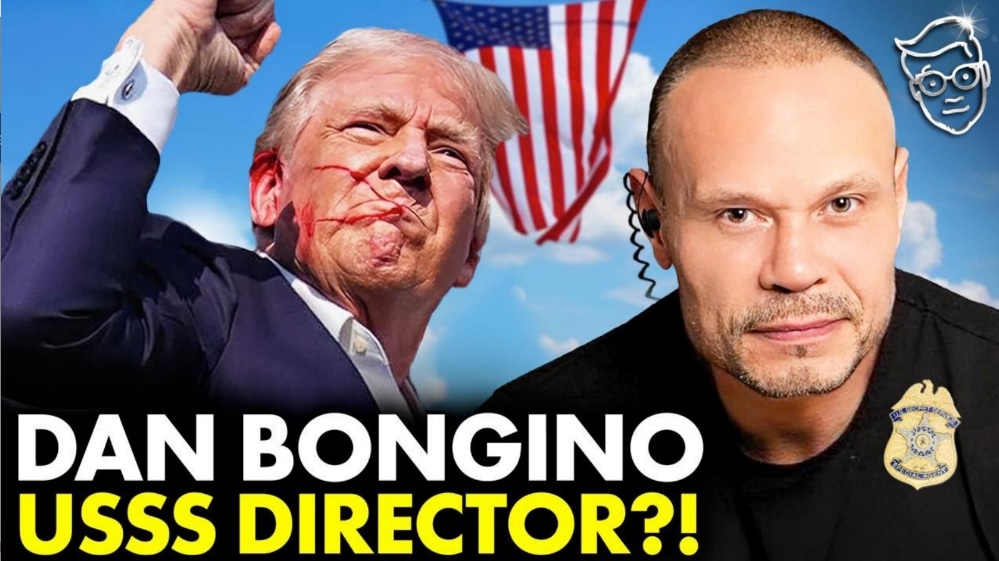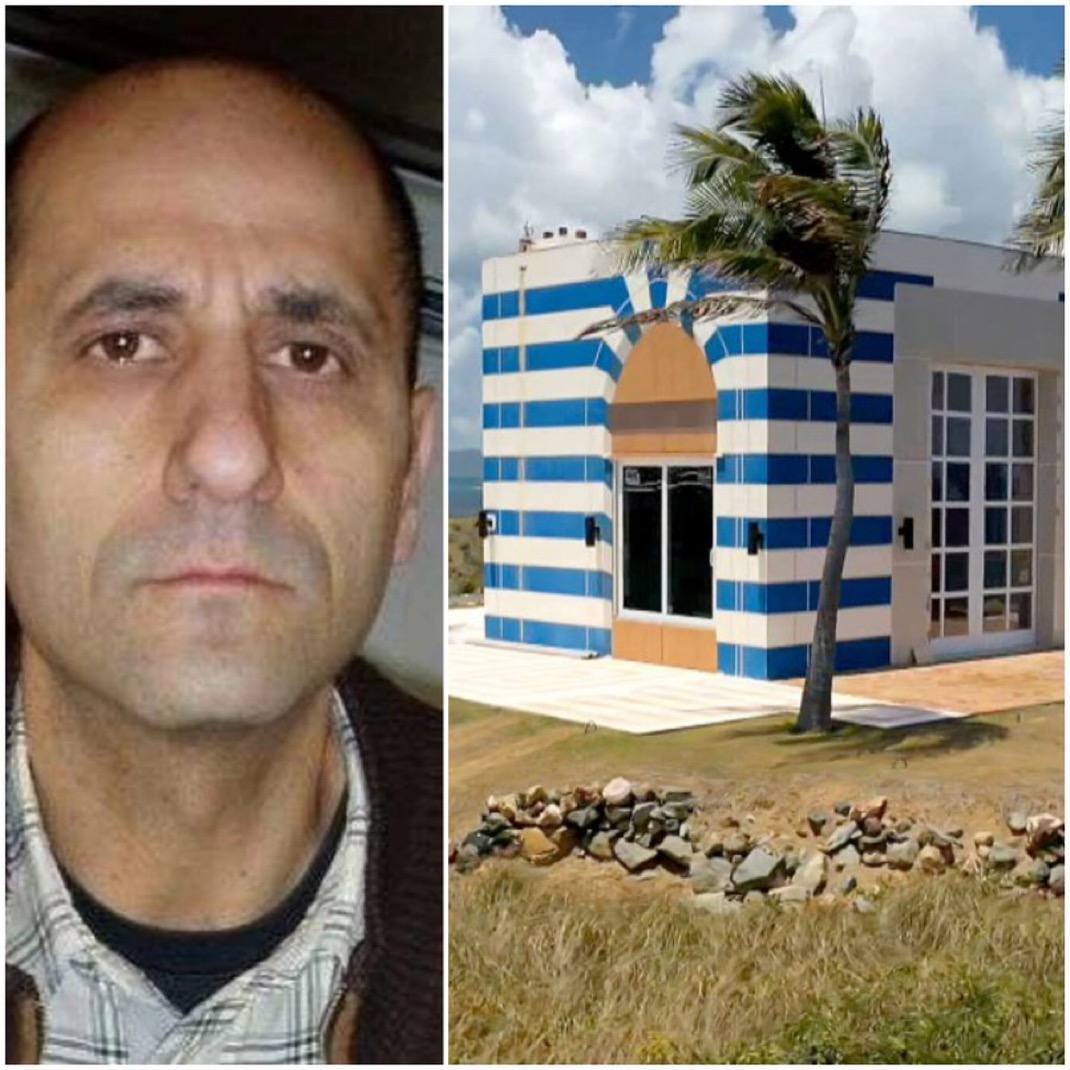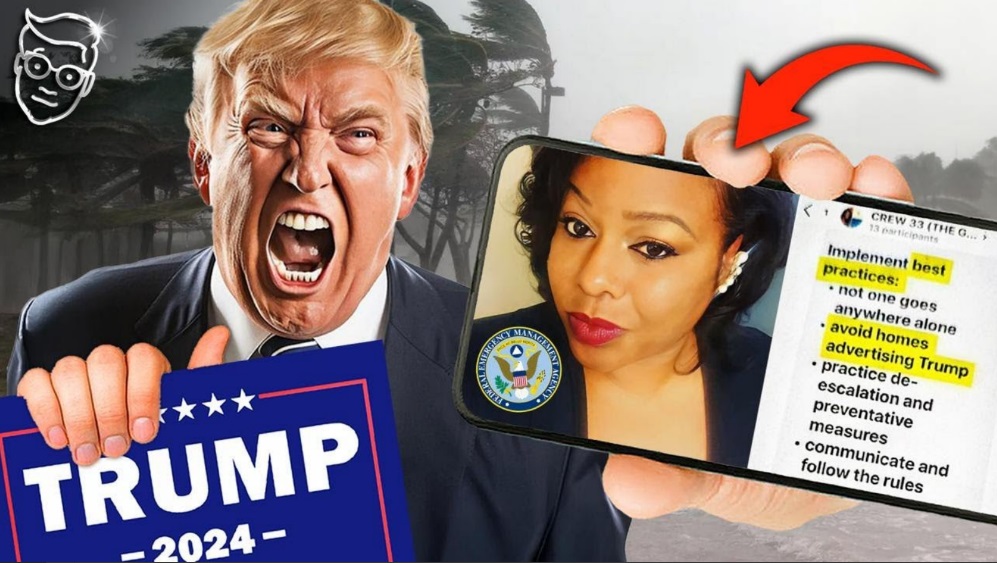Politics
Near Everest’s slopes, a helicopter rescue fraud preys on trekkers
The Nepalese government and trek insurance companies describe a wave of fraud in which Mount Everest trek operators, guides, helicopter evacuation companies and hospitals are conspiring to bilk insurance companies by encouraging unneeded evacuations and exaggerating medical symptoms and services. Officials said that as of June, they had flagged millions of dollars’ worth of potentially fraudulent insurance claims this year.
Guides earn handsome commissions from disreputable trekking operators by pushing for emergency evacuations in cases of mild acute mountain sickness and other illnesses, dissuading trekkers from contacting doctors or from trying less drastic measures. In some cases, they say, healthy trekkers have even agreed to a rescue in exchange for a free ride off the trail.
When bills are submitted, helicopter companies inflate prices for rescues and hospitals overcharge for services. Multiple insurance claims are submitted for a single helicopter ride if more than one trekker is on board.
Some trekking companies, which act as brokers and take a percentage of rescue fees from helicopter companies, make more money through evacuations than they do charging for hikes, officials said, pulling in thousands of dollars in kickbacks when a typical profit margin for each trekker might be just a few hundred dollars.
Nepal’s government announced a new monitoring program late last week to crack down on the fraud. Rabindra Adhikari, Nepal’s minister for tourism, said in an interview that new procedures had been set up for medical evacuations, and that helicopter companies, trekking operators and hospitals must now submit invoices for rescues to his office to ensure that they are “genuine”.
An increase in unnecessary rescues
Nepali officials said they were also investigating claims that guides in some cases had purposely made clients sick to force an evacuation, reportedly through serving spoiled food or mixing large amounts of baking soda into meals.
Insurance companies have had enough, too. They have raised premiums, posted red-banded advisories on their websites warning trekkers of the scam, or sometimes threatened to end coverage entirely in the country.
Phil Sylvester, a spokesman for World Nomads, a popular insurance provider with clients around the globe, said the number of unnecessary rescues was rising.
In one recent example, Sylvester said, a man was evacuated by air for an earache.
“I personally have seen 200 to 250 suspect evacuation cases in a year from a handful of insurers,” he said. “With each evacuation costing $6000 to $10,000, that adds up.”
I personally have seen 200 to 250 suspect evacuation cases in a year. With each evacuation costing $6000 to $10,000, that adds up.
World Nomads spokesman Phil Sylvester
The problem has become extensive enough that World Nomads recently put together an internal blacklist of Nepali helicopter companies and hospitals that it suspects of fraud. Sylvester said claims involving a blacklisted company were not automatically rejected. Trekkers, he said, “have no control over who gets called on the phone”.
Nepal is a poor country, sandwiched between India and China, where every year thousands of visitors embark on multi-day hikes to glimpse some of the world’s highest peaks.
Aware of the risks associated with travelling to high altitudes, many trekkers buy insurance for several hundred dollars, opting for plans that include helicopter rescues. To ensure proper acclimatisation, they spend days hiking to places like Everest Base Camp, where the air is thin and trekkers often experience mild altitude sickness.
A few dozen trekking companies are thought to be central to the fraud.
In a common scenario, mountain guides exploit inexperienced trekkers by pressuring them to be helicoptered back to Kathmandu at the first minor signs of illness. They are dissuaded from exploring other options, like taking medicine that eases altitude sickness, going to clinics along the trek route, or simply descending a few thousand feet, which solves many cases.
Other versions of deceit are more disturbing
In 2016, Faina Gersh’s mountain flight back to Kathmandu was delayed by bad weather. Gersh, a trekker from California, was worried that she would miss her connecting flight to the U.S. The owner of her trekking company came up with an alternative.
“They suggested that we say I was sick, like with food poisoning or an illness, so then my insurance would cover a helicopter,” said Gersh, 42, who had finished a trek to Base Camp. “I was like, ‘No, I’m not going to commit insurance fraud.’”
They suggested that we say I was sick … so then my insurance would cover a helicopter … I’m not going to commit insurance fraud.
Faina Gersh
In the case of Chang and Tjondro, the Australians whose guide had pushed an air evacuation in 2016 even though they were willing to walk down the mountain themselves, the insurance company they bought a policy from, World Nomads, said there were some clear irregularities.
Sylvester, the spokesman from World Nomads, said that their guide, without contacting the insurance company, had coordinated with the trekking company, Advanced Adventures, to send a helicopter from Flight Connection International, a company blacklisted by World Nomads, to pick up the trekkers in Lobuche, a small village about 16,000 feet above sea level and a day’s walk from Base Camp.
After arriving in Kathmandu, around 150 kilometres away, Chang and Tjondro were transported to Swacon International Hospital, a clinic for foreigners that is also on World Nomads’ blacklist, where Chang’s passport was taken, possibly “to prevent me from leaving too early,” he said.
In interviews, all three of those companies denied wrongdoing. When he was discharged after three days, Chang said, he was given no receipt. The hospital told him “they would sort everything out,” he said.
Later, they found that a doctor’s report attached to Chang’s insurance claim, which The New York Times reviewed, included inaccuracies, the pair said, including that Chang’s symptoms had not improved even after descending, making a medical evacuation necessary.
Tjondro reiterated that they had not even tried to descend by foot because their guide discouraged it.
‘Killing the goose that lays the golden eggs’
In the Nepali government investigation that led to the new rules for trekking companies, the report accused both Flight Connection International and Swacon of producing fraudulent invoices and overcharging insurance companies.
Insurance companies are closely monitoring whether the government acts on those findings. But Rishi Ram Bhandari, the managing director of Satori Adventures and Expeditions, worries about the fraud’s lasting effect on tourism here, and about whether it will be stopped.
Protected by ringleaders with political connections, the ruse has ballooned in size, he said, slowly formalising a practice that has jeopardised the tourism jobs of thousands of honest locals. He fears that it may be “killing the goose that lays the golden eggs”.
Last year, an older guide walked into Bhandari’s office looking for work. Bhandari said he was not hiring. The man pressed, emphasising that hiring him would bring “lots of benefits”.
“If you send me as a guide for a group of 10 people, I will definitely provide you with two rescues,” the man told Bhandari. “I said, ‘Thank you for your proposal, but I’m not that type of businessman.’”
Politics
Trump’s Bold Move: Dan Bongino for Secret Service Director? The Inside Scoop on Security and Threats!

Donald Trump is reportedly eyeing Dan Bongino, a former Secret Service agent turned media powerhouse, to lead the Secret Service if re-elected. Known for his no-nonsense approach and deep insights into national security, Bongino’s potential appointment has ignited conversations about a tougher stance on protective measures for U.S. leaders.
What This Means for National Security:
- Bongino’s Unique Background: With years of experience in high-stakes security operations, Bongino’s return could lead to heightened defenses and a streamlined Secret Service.
- A Message on Security: Trump’s choice of Bongino signals a commitment to stronger protection protocols amid rising security threats.
- The “Truth About Assassination”: Bongino’s frank discussions on assassination plots and security vulnerabilities bring transparency and a clear message: safety is the top priority.
This development is not just about a change in leadership—it’s a shift towards a new era in protective services. Could this be the key to reinforcing the security of American leaders?
Politics
Former Disney and Pixar Designer Sentenced to 25 Years for Child Exploitation and Human Trafficking

This is a deeply distressing case involving Bolhem Bouchiba, a former graphic designer with a history of work on high-profile animated films. He has been convicted by a French court on grave charges, including pedophilia, complicity in child abuse, and human trafficking, leading to a 25-year prison sentence. The court heard evidence that Bouchiba orchestrated and watched the abuse of young children, some as young as five, over nearly a decade.
This case underscores the importance of international cooperation in fighting human trafficking and child exploitation. The conviction brings justice to the victims and serves as a strong reminder of the critical need for vigilance and stringent measures to protect vulnerable individuals globally.
Politics
FEMA Staff Accused of Withholding Aid from Trump Supporters After Hurricane – Calls for Hate Crime Charges and Jail Time Emerge

A shocking report claims that FEMA staff refused to provide essential aid to Trump supporters in the aftermath of a devastating hurricane. Outrage is mounting, with many calling for these actions to be investigated as a hate crime. If true, the implications are severe, with demands for accountability, including possible jail time for those involved.
Key Points of the Story:
- Discrimination Allegations: Reports suggest that aid was selectively withheld based on political affiliation, sparking intense backlash and accusations of biased treatment.
- Legal and Social Implications: Calls for hate crime charges highlight the potential legal consequences and bring attention to political bias in disaster response.
- Public Outcry: Citizens are rallying for justice, emphasizing the importance of fair treatment regardless of political beliefs.
Will this lead to a major investigation into FEMA’s actions, and could hate crime charges be brought forward? Follow this developing story as more details come to light.
-

 Politics5 months ago
Politics5 months agoFEMA Staff Accused of Withholding Aid from Trump Supporters After Hurricane – Calls for Hate Crime Charges and Jail Time Emerge
-

 Entertainment5 months ago
Entertainment5 months agoGeorge Clooney’s Final Stand: Hollywood Icon QUITS Politics for Good After Kamala Harris’ Slip and Trump Triumph
-

 Politics1 year ago
Politics1 year agoTucker and President Trump explore Bedminster and talk about “America’s favorite sport” and what happens if you misbehave at Bedminster
-

 Politics5 months ago
Politics5 months agoPolish President Andrzej Duda Reportedly Visits Mar-a-Lago to Meet with Donald Trump
-

 Politics1 year ago
Politics1 year agoEXPOSED: JOE BIDEN TRAGEDY ADULT VIDEO PUBLISHED BY TUCKER!
-

 Politics5 months ago
Politics5 months agoTrump’s Bold Move: Dan Bongino for Secret Service Director? The Inside Scoop on Security and Threats!
-

 Politics5 months ago
Politics5 months agoFormer Disney and Pixar Designer Sentenced to 25 Years for Child Exploitation and Human Trafficking
-

 Politics5 months ago
Politics5 months agoTrump’s Bold Move: Appoints Hardline Border Czar to Launch Mass Deportations – “Kamala, You’re FIRED!
-

 Politics5 months ago
Politics5 months agoMSNBC in Flames! Pelosi Blames Biden for Kamala Endorsement—A Turning Point for the Democratic Party?










